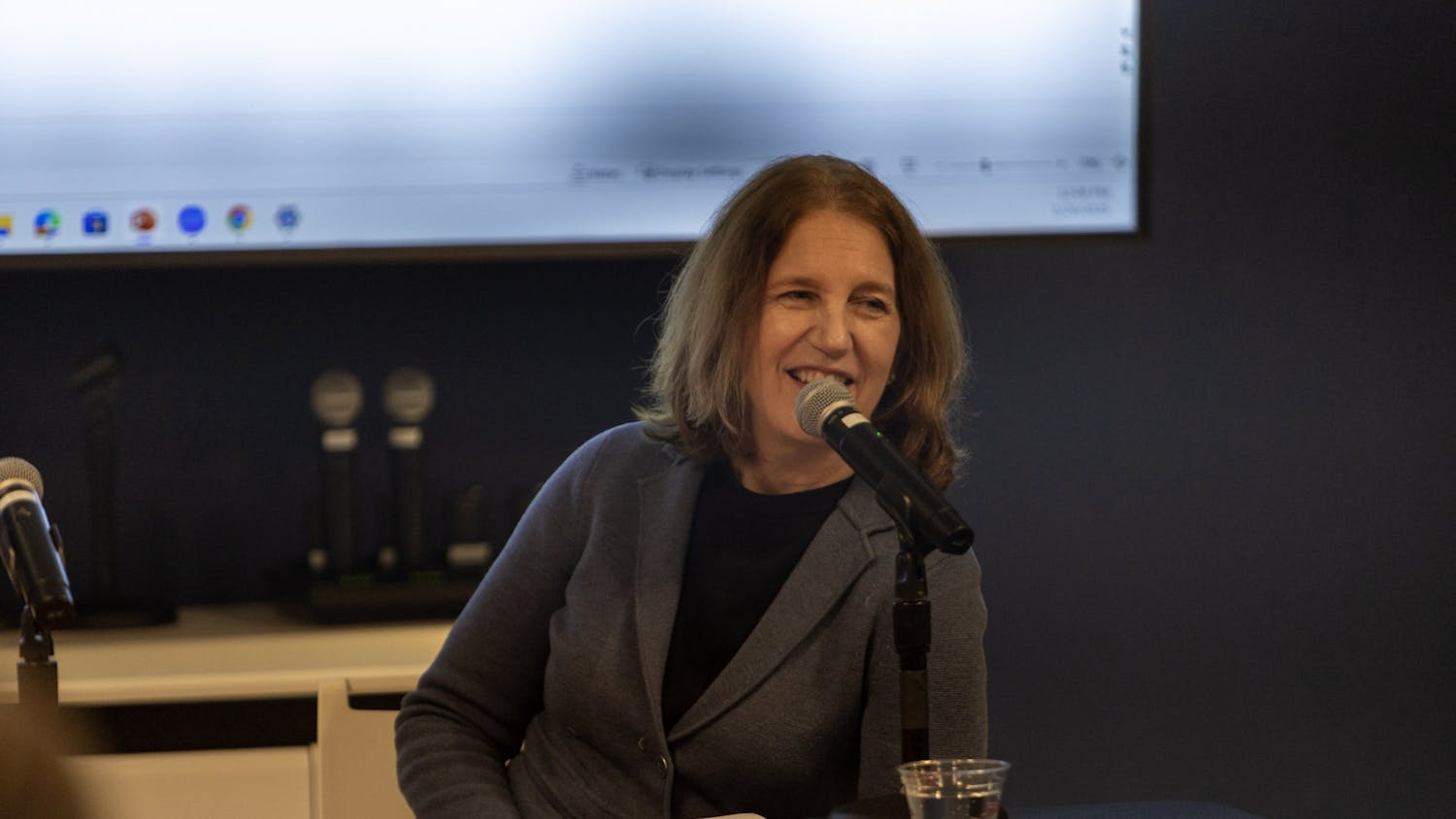Until I began graduate school in the School of International Service last fall, I lived in Kenya for four years. I was selected with my fellow classmates at SIS, Ali Alwahti and Wanjiku Gachugi, to travel to Kenya's capital of Nairobi in March to assess the viability of starting an AU Study Abroad program in Kenya. I did not realize until I arrived back in Nairobi how much I missed it, but when I left a few weeks later I was sure Kenya would give an opportunity for AU Study Abroad students to gain academic credit and life skills that cannot be taught in America.
Everywhere we went, Kenyans and foreign residents welcomed our presence and did everything they could to include us in their daily lives. Kenya has a diverse population of ethnics, refugees and immigrants from bordering countries, a large population descended from India and Great Britain, and a vast amount of visiting foreigners who work for NGOs or international businesses.
Kenyans practice several different religions. In Nairobi all of the different groups come together to make a wonderful and accessible study of humanity.
There are many opportunities for students to work with different communities, including assisting Project Contact medical clinics in the Kibera and Kawangware slums, founded by AU Alum and former NBA player Kermit Washington. Project Contact also assists several orphanages in Nairobi that need more volunteers.
Rural communities in Kenya are as equally welcoming as urban communities, and will usually name foreigners in their mother tongue to make them feel more at home. My name in my former village in Taita Hills is "Wacharo," which means traveler.
Outside of Nairobi, our group did the groundwork for researching or interning with the International Organization for Migration (IOM) in Kakuma Refugee Camp, which borders the Sudan.
I worked with refugees for almost three years in Africa, and being able to open up an opportunity for AU students to the same kind of real life experience is amazing.
AU offers positions to do research on a ranch just outside of Nairobi, where David Hopcraft has been researching wildlife and land management for over 20 years. It's an event just to go to the Hopcraft ranch and cuddle with the resident cheetah.
An emphasis on exposure and acceptance is crucial if one is to assimilate well into this colorful Kenyan experience. The opportunity is there to understand something students cannot know from a textbook. I know that what I have learned from living in Kenya has made me what I am today, and that is something to be grateful for.




